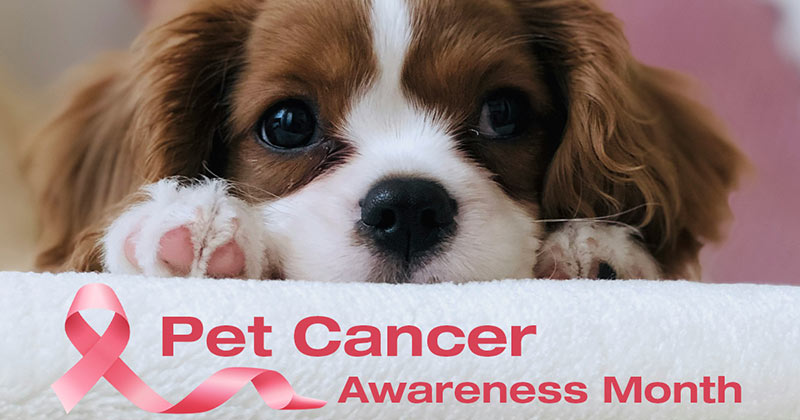
As a dog owner, you’ve likely found yourself in situations where your pet stares longingly at your snack, including those fluffy, sweet marshmallows. While it's tempting to share your treats with your dog, it's important to consider their health and well-being. Can dogs safely eat marshmallows? While marshmallows may seem harmless, there are a few things you need to know before offering one to your furry companion. We’ll explore whether marshmallows are safe for dogs and discuss the potential risks involved.
Before diving into whether dogs can eat marshmallows, let’s take a look at what these treats are made of. Marshmallows consist of a few main ingredients: sugar, corn syrup, gelatin, and sometimes flavorings or coloring. While this combination creates the light, fluffy treat humans enjoy, it’s important to consider how each of these ingredients might affect your dog’s health.
Sugar and corn syrup, both of which are abundant in marshmallows, can have negative effects on dogs. Excessive sugar can contribute to obesity, dental problems, and even diabetes in dogs. Unlike humans, dogs don’t need sugar in their diet, and consuming too much of it can cause long-term health issues.
Gelatin, another key ingredient in marshmallows, is generally considered safe for dogs in small quantities. It’s used in some dog treats to promote healthy skin and joints. However, while gelatin itself isn’t harmful, the sugar and other additives in marshmallows negate any potential benefit.
Some sugar-free marshmallows use xylitol as a sweetener. Xylitol is highly toxic to dogs and can cause a dangerous drop in blood sugar, leading to seizures, liver failure, or even death. If your marshmallows contain xylitol, they are extremely dangerous to your dog and should be avoided at all costs.
Although a plain marshmallow here and there might not seem like a big deal, there are several risks associated with feeding marshmallows to dogs. These risks range from short-term digestive discomfort to serious long-term health problems.
As mentioned earlier, marshmallows are loaded with sugar. Regularly feeding sugary treats like marshmallows to your dog can contribute to weight gain and obesity. Dogs that become overweight are at higher risk for health problems such as joint issues, heart disease, and diabetes.
Even if your dog eats only one or two marshmallows, they may still experience digestive upset. Dogs’ digestive systems aren’t designed to process large amounts of sugar, so it’s common for dogs to experience vomiting, diarrhea, or stomach pain after eating sugary treats like marshmallows.
While rare, some dogs may be allergic to certain ingredients in marshmallows, such as gelatin or food dyes. Allergic reactions in dogs can include itching, swelling, and breathing difficulties. If your dog has food allergies or sensitivities, it’s best to avoid giving them marshmallows altogether.
While regular marshmallows should be off-limits for dogs, there are plenty of safe and healthy treat options you can give them instead. Many commercial dog treats are designed to satisfy your pet’s sweet tooth without compromising their health.
There are plenty of dog-friendly treats available that use ingredients like peanut butter, pumpkin, or yogurt to provide a sweet taste without the risks of sugar or artificial sweeteners. These treats are often packed with nutrients that support your dog’s health, making them a much better option than sugary snacks.
If you enjoy making your own dog treats, consider whipping up a batch of homemade goodies using natural, dog-safe ingredients. Peanut butter, apples, and pumpkin are all great options that dogs love and that provide essential vitamins and minerals. You can find plenty of recipes online for homemade dog treats that mimic the texture and sweetness of marshmallows but without the harmful ingredients.
Accidents happen, and it’s possible that your dog may sneak a marshmallow or two when you’re not looking. If this happens, don’t panic. In most cases, eating one or two marshmallows is unlikely to cause serious harm, especially if they don’t contain xylitol.
If your dog has eaten marshmallows, keep an eye on them for any signs of digestive upset or unusual behavior. Symptoms such as vomiting, diarrhea, lethargy, or loss of appetite could indicate that the marshmallows are causing discomfort. In most cases, these symptoms will pass, but if they persist or worsen, it’s a good idea to contact your vet for advice.
If your dog ate a large number of marshmallows or if the marshmallows contain xylitol, it’s important to seek veterinary care immediately. Xylitol toxicity is a serious condition that requires prompt treatment. Call Ridgeview Animal Hospital at (402) 333-3366 or request an appointment if you suspect your dog has consumed marshmallows containing xylitol or if they are displaying concerning symptoms.
One of the best ways to protect your dog from harmful foods like marshmallows is to create a dog-safe environment at home. This means keeping potentially harmful foods out of reach and being aware of what ingredients are in the snacks and treats you have around.
Make sure everyone in your household, including children, understands what foods are safe for your dog and which ones should be off-limits. Dogs are often quick to beg for treats, and it’s important that everyone knows not to share foods that could harm them.
Rather than giving your dog human foods, it’s always safer to stick with dog-approved treats. Many brands offer treats that taste great and are formulated to meet your dog’s nutritional needs. If you want to give your dog something special, look for dog treats that are low in sugar and made with wholesome ingredients.
When it comes to feeding your dog treats, moderation is key. While an occasional marshmallow might not cause immediate harm, regularly feeding your dog sugary snacks can lead to long-term health problems. By staying informed about the ingredients in the foods you give your dog and being mindful of portion sizes, you can help them stay happy and healthy. If you have any concerns or questions about what’s safe for your dog to eat, the team at Ridgeview Animal Hospital is here to help. Contact us at (402) 333-3366 or request an appointment to discuss your dog’s dietary needs.


